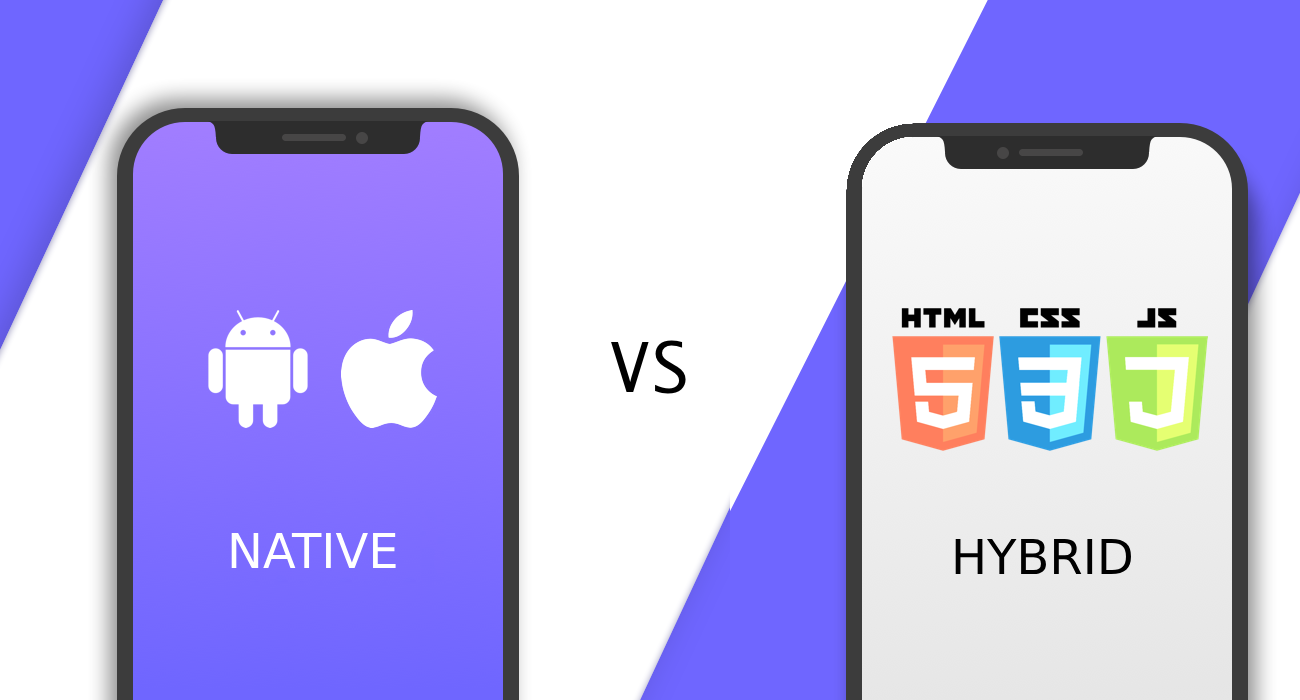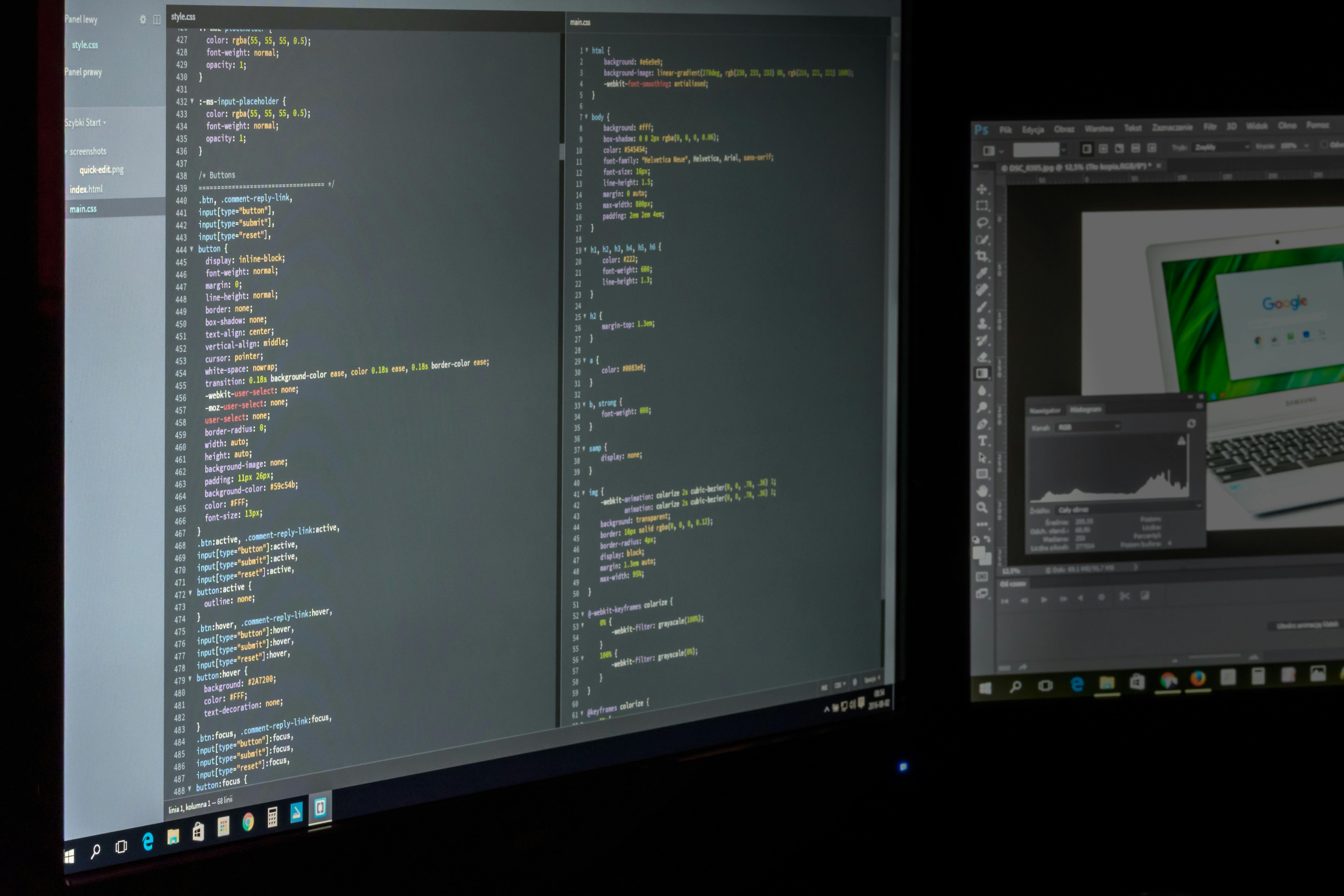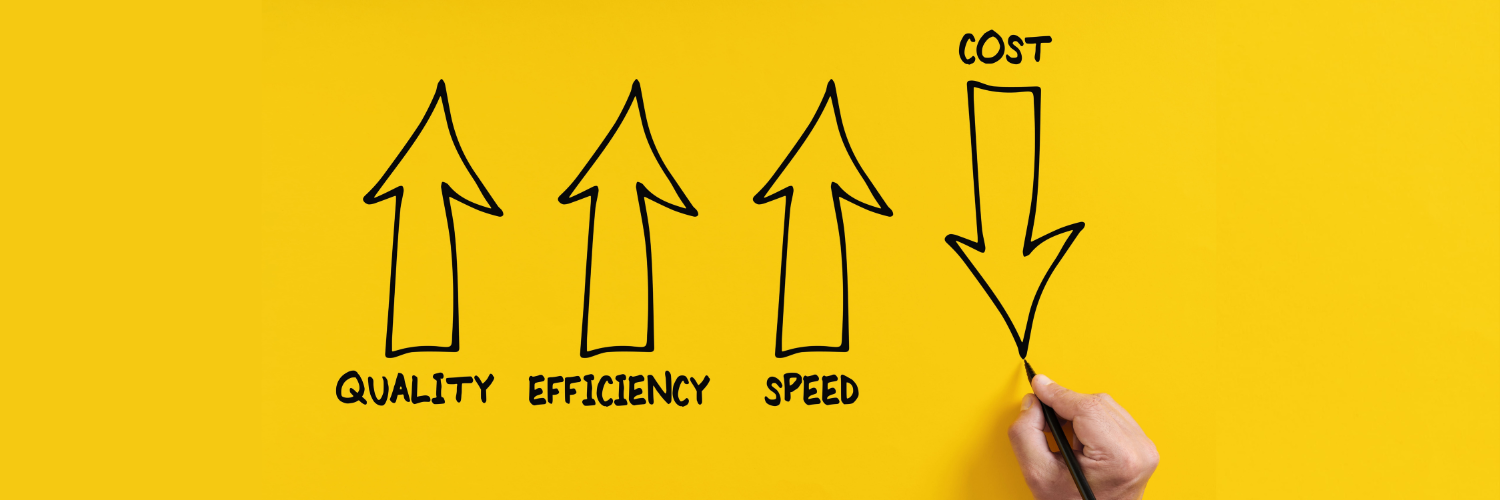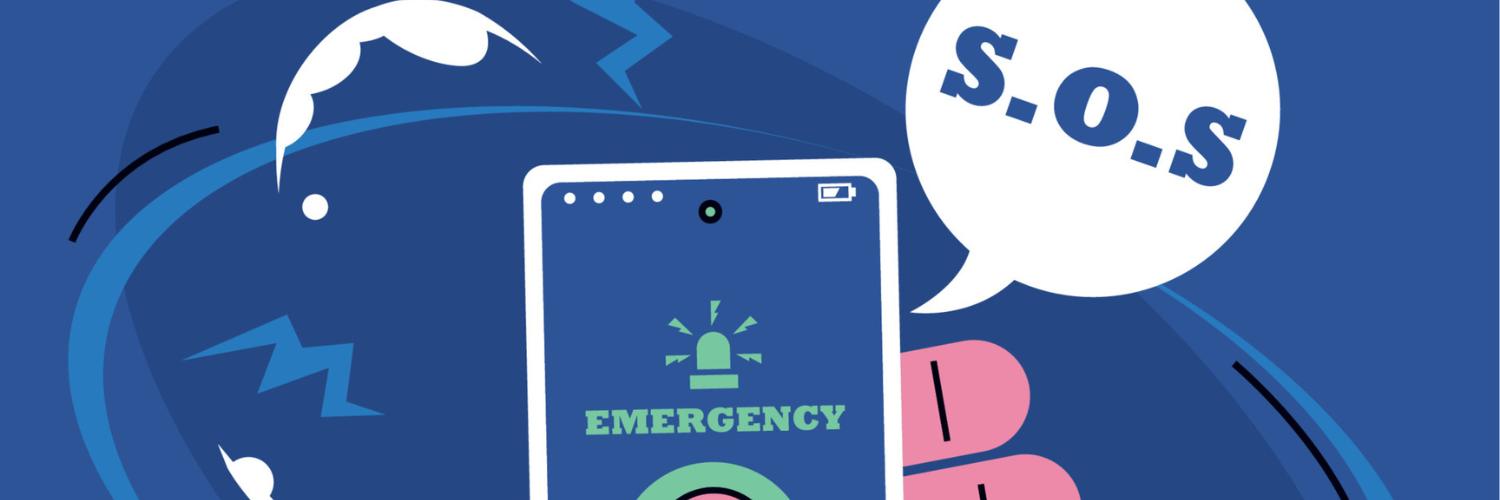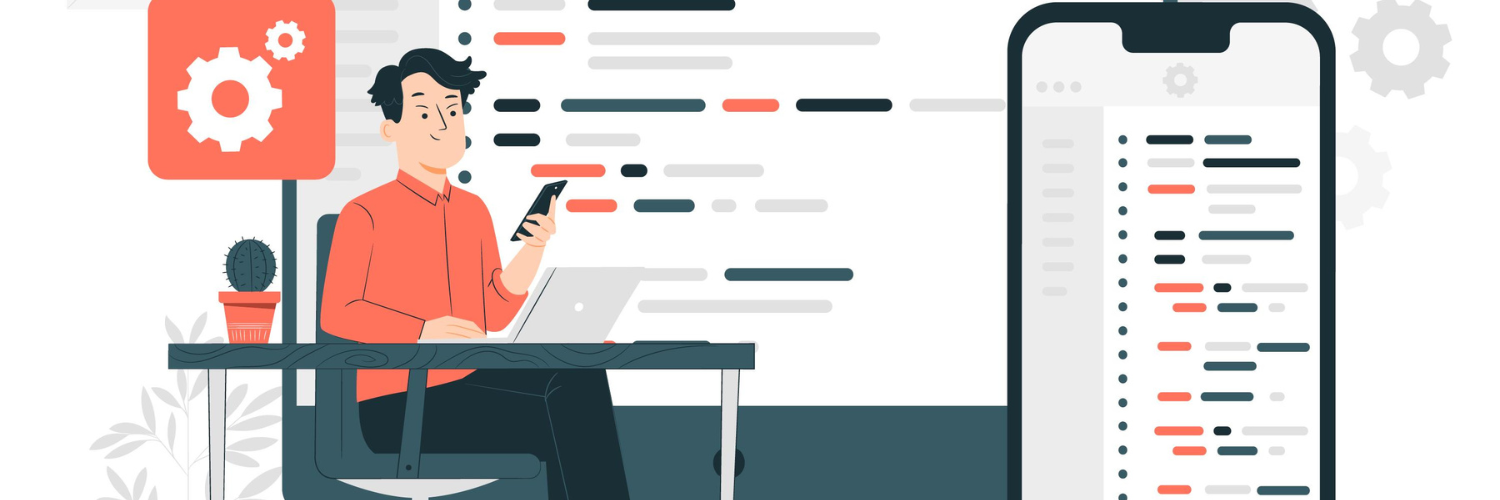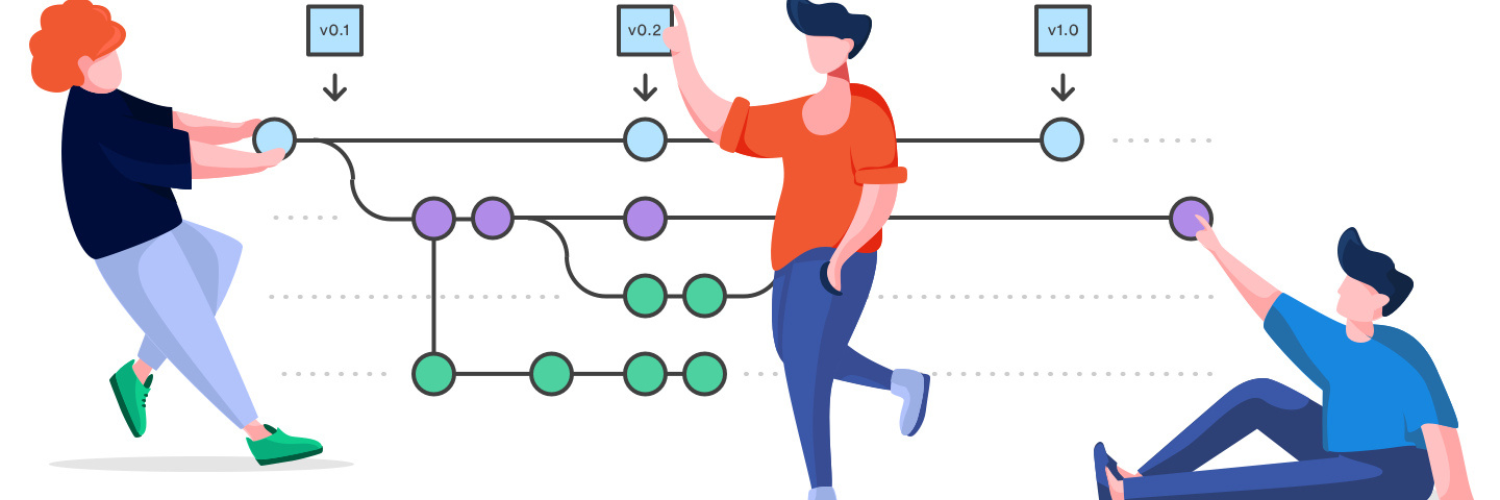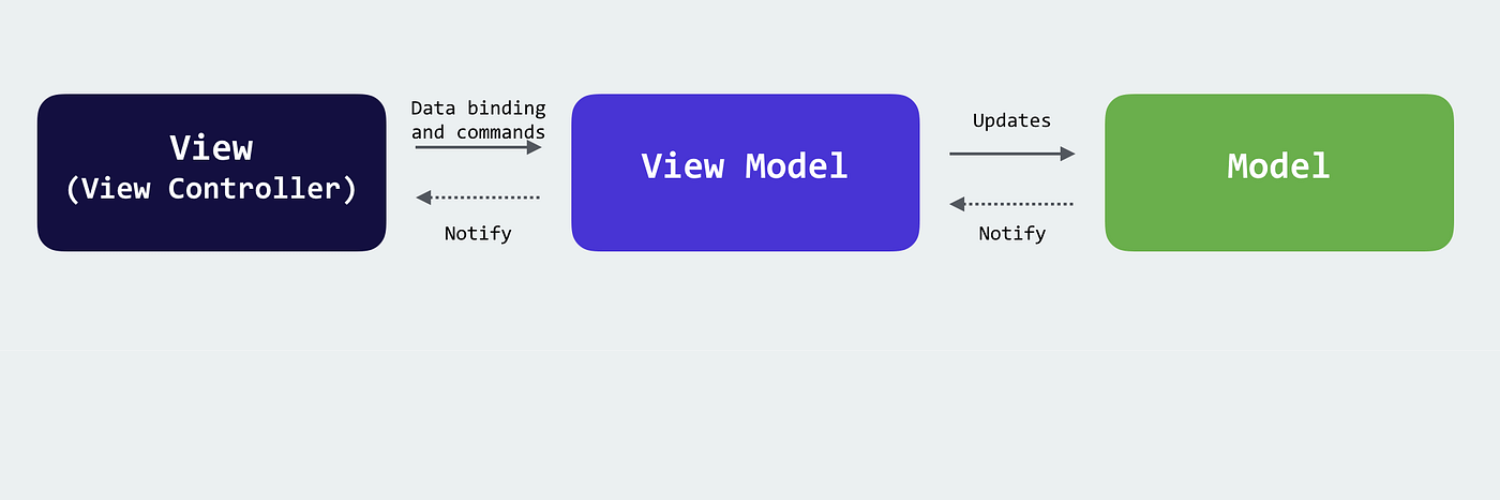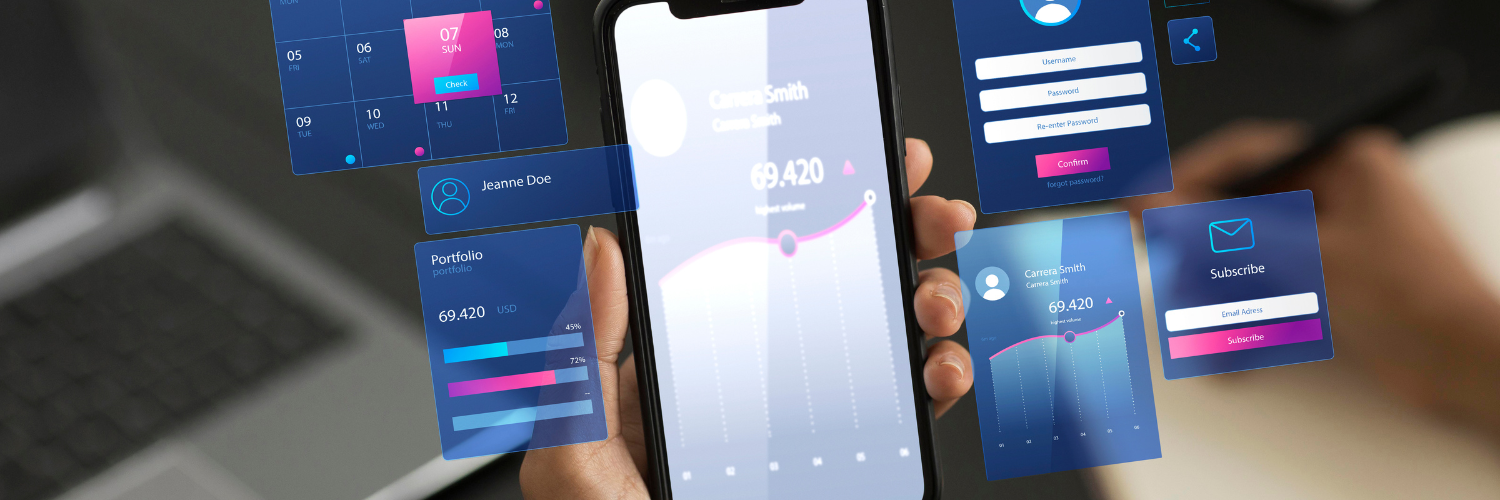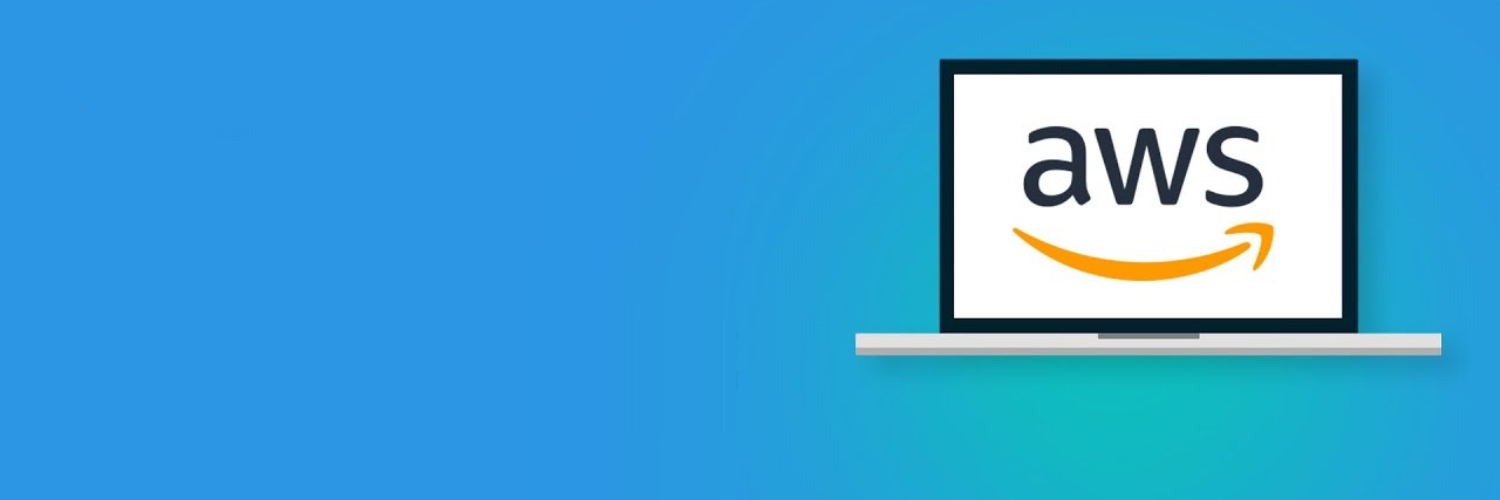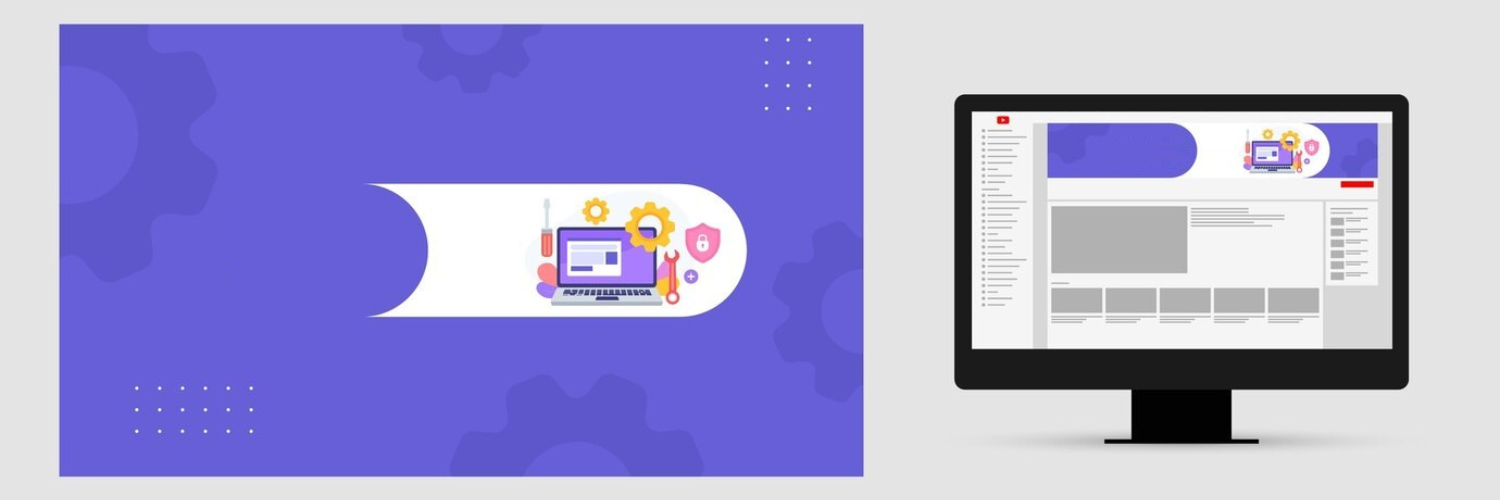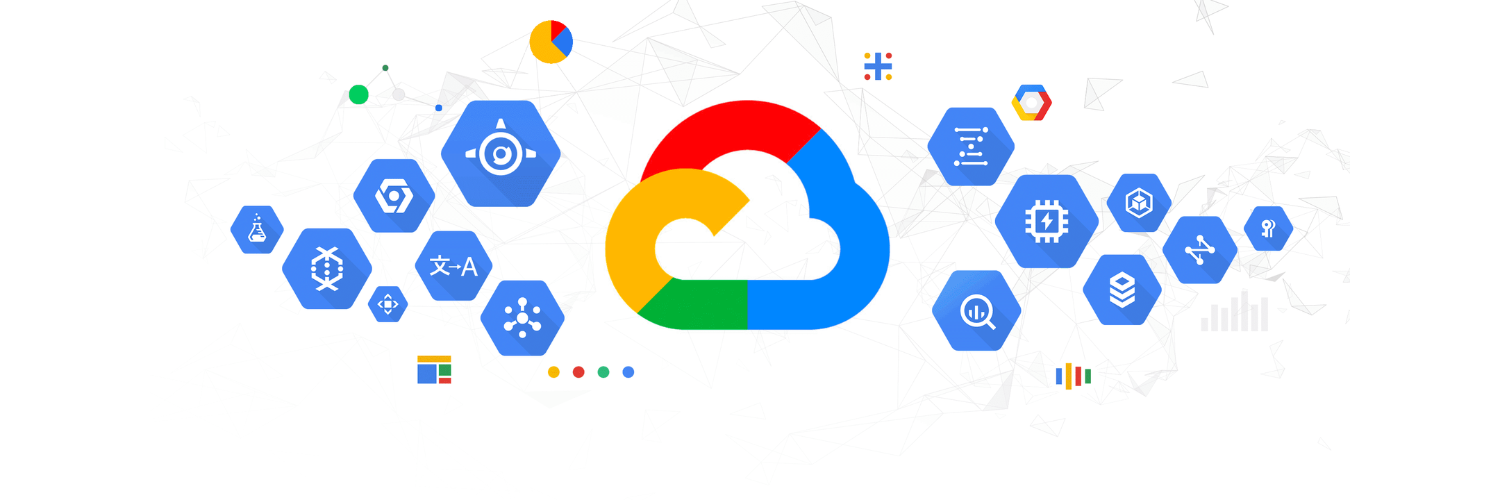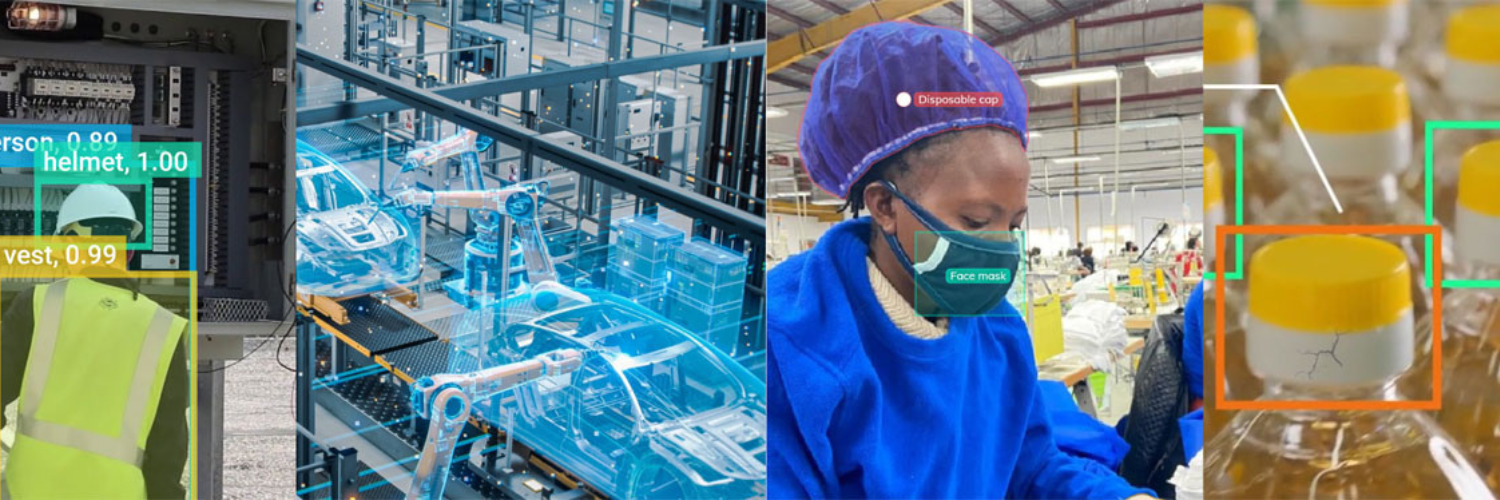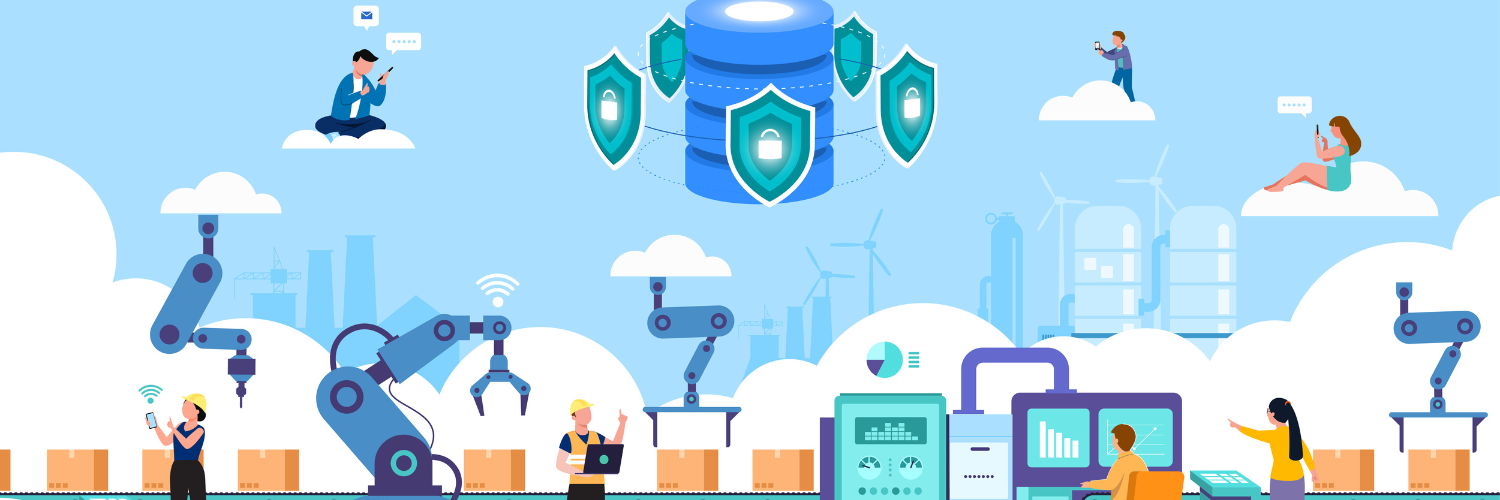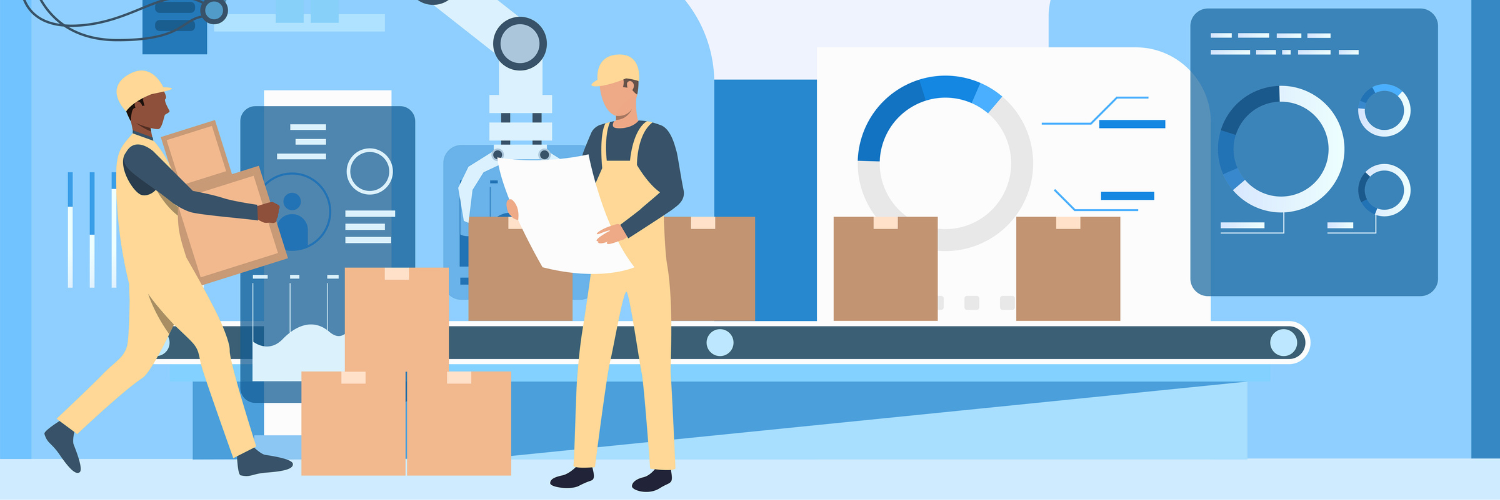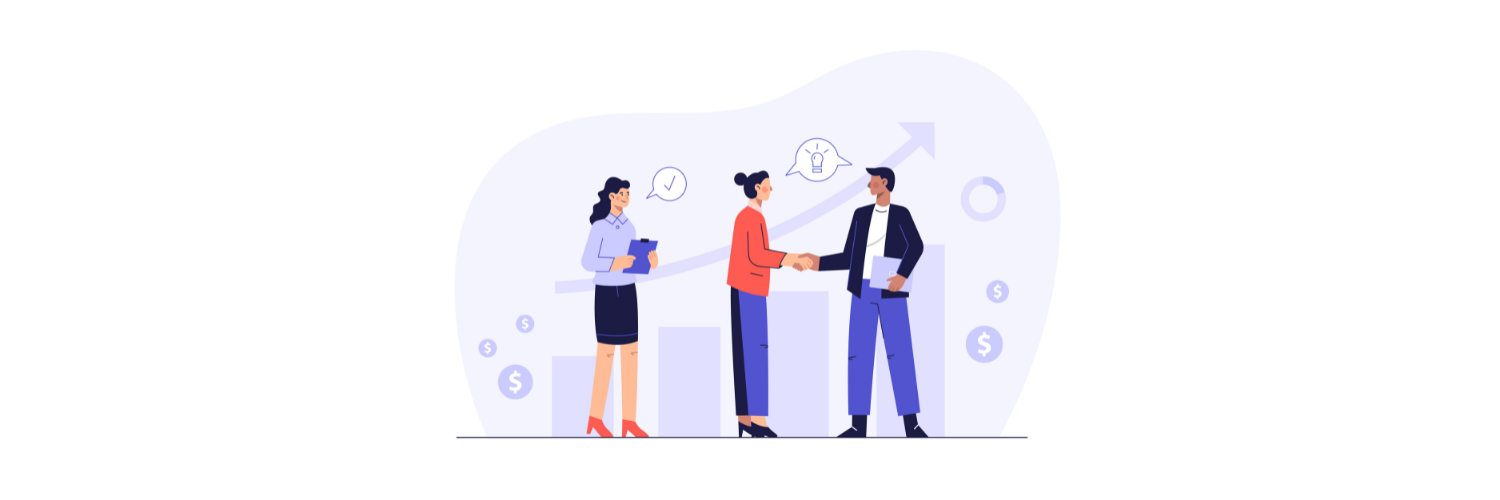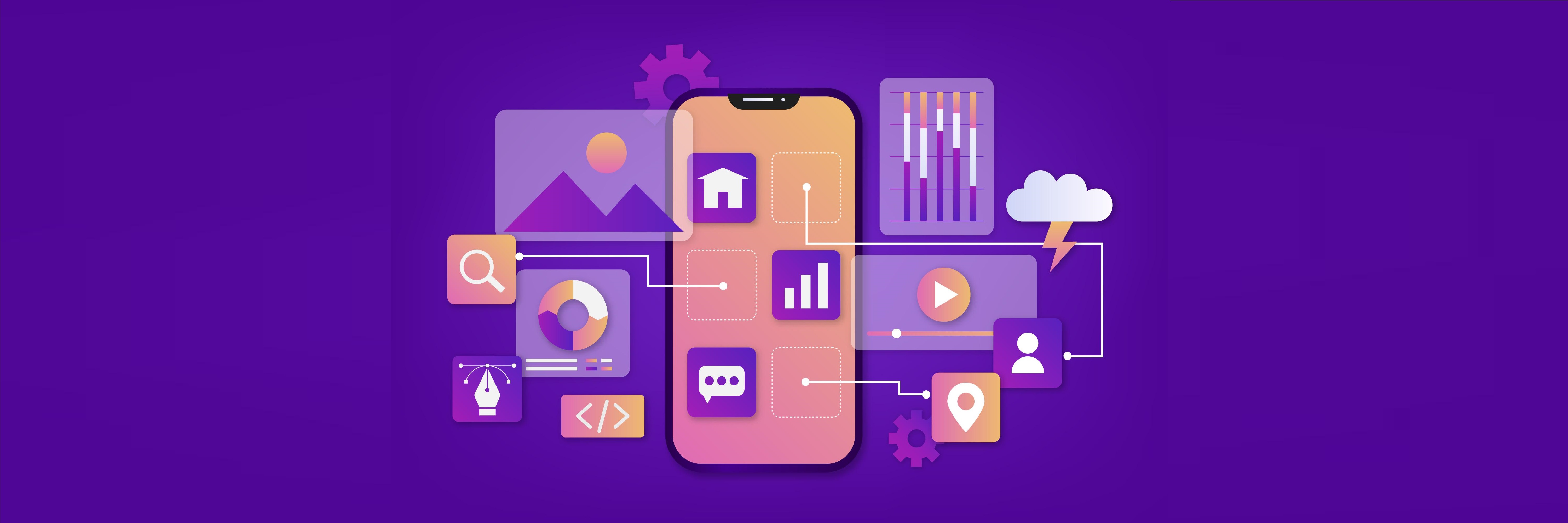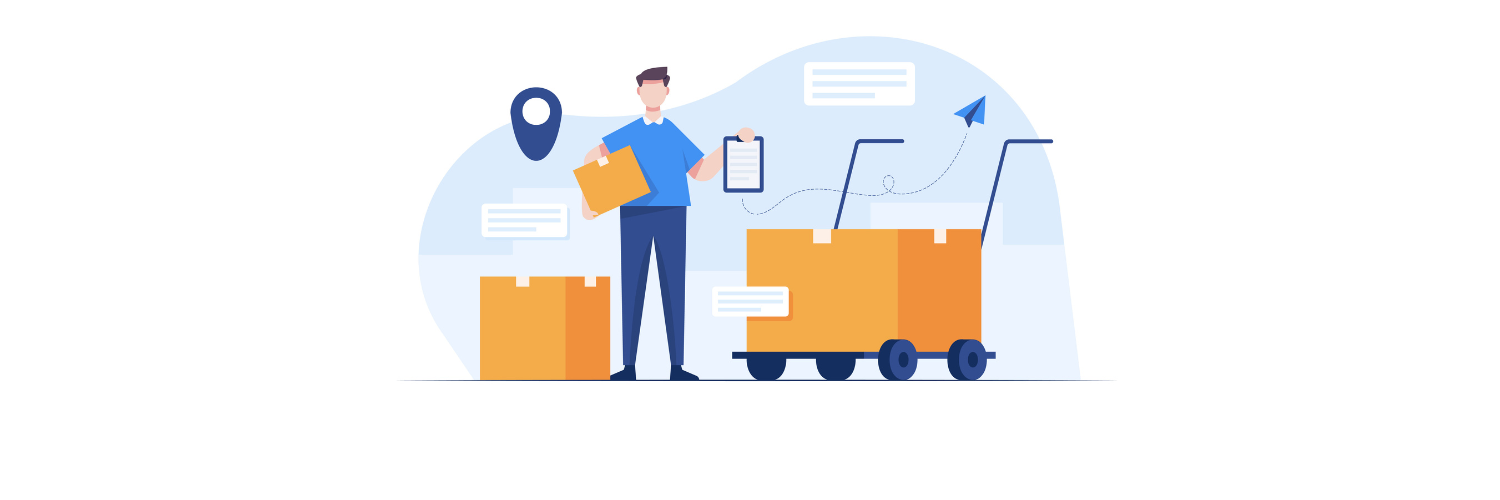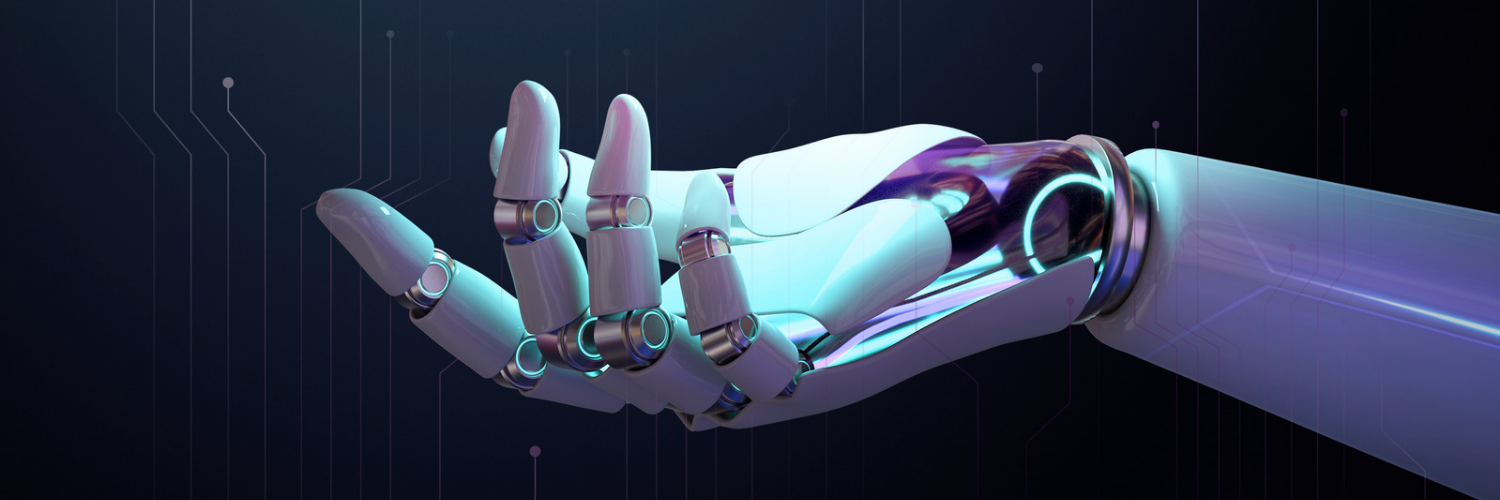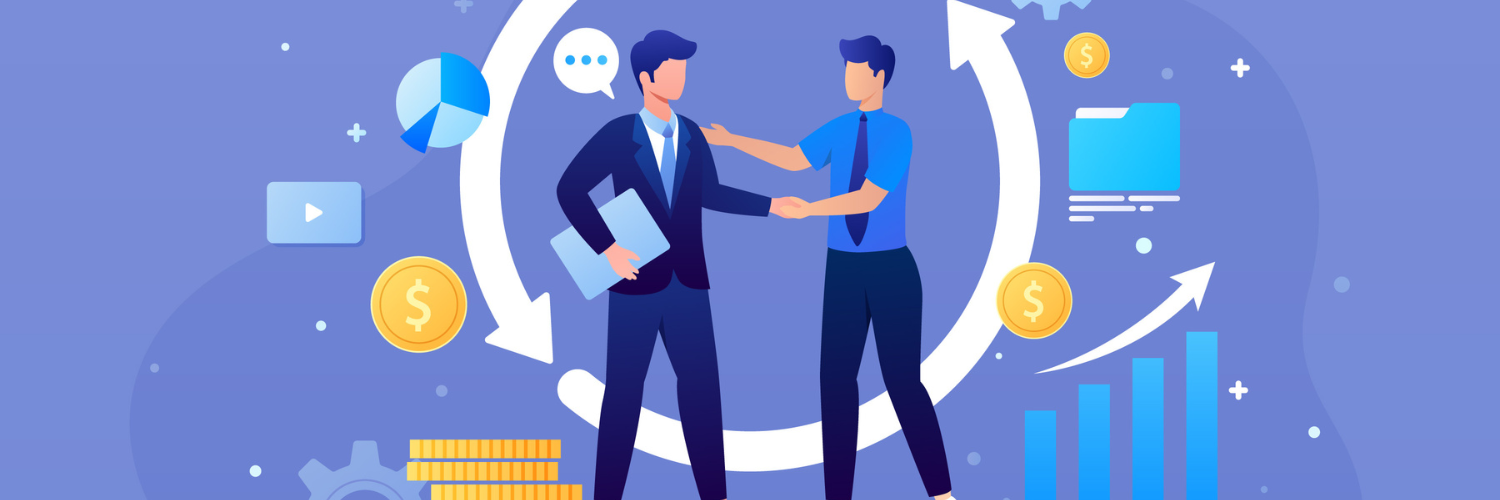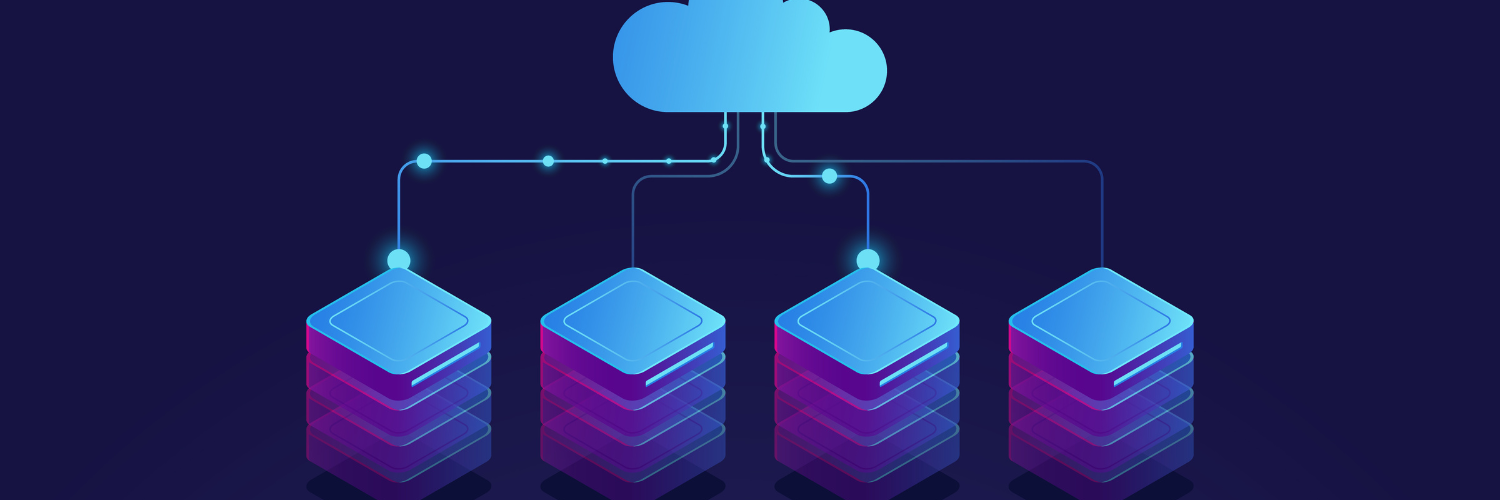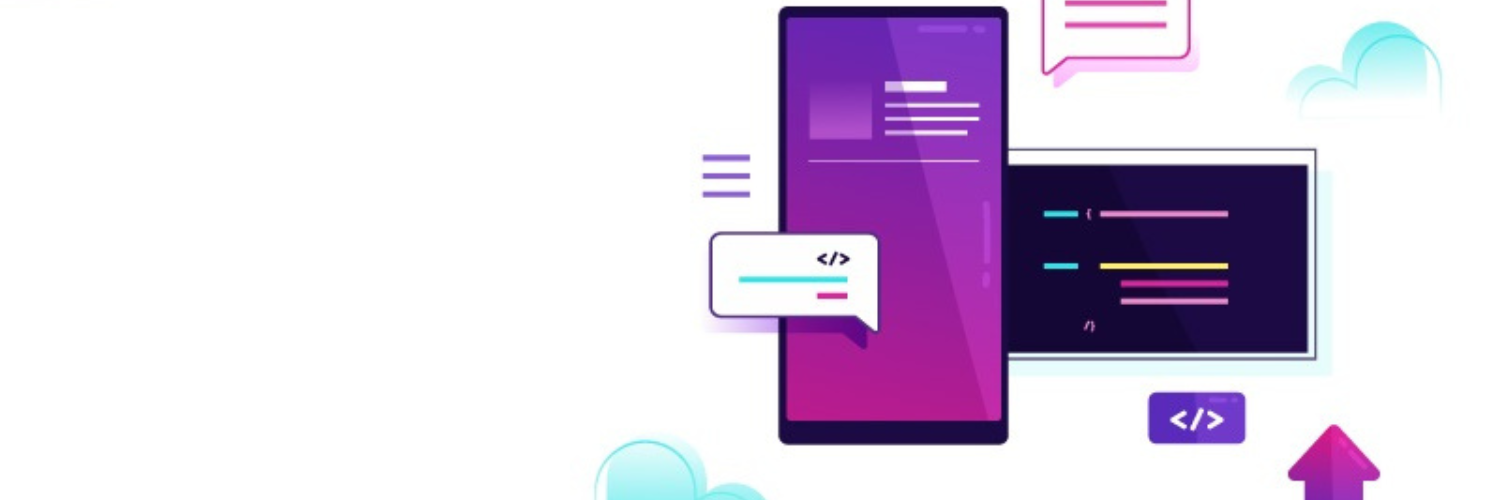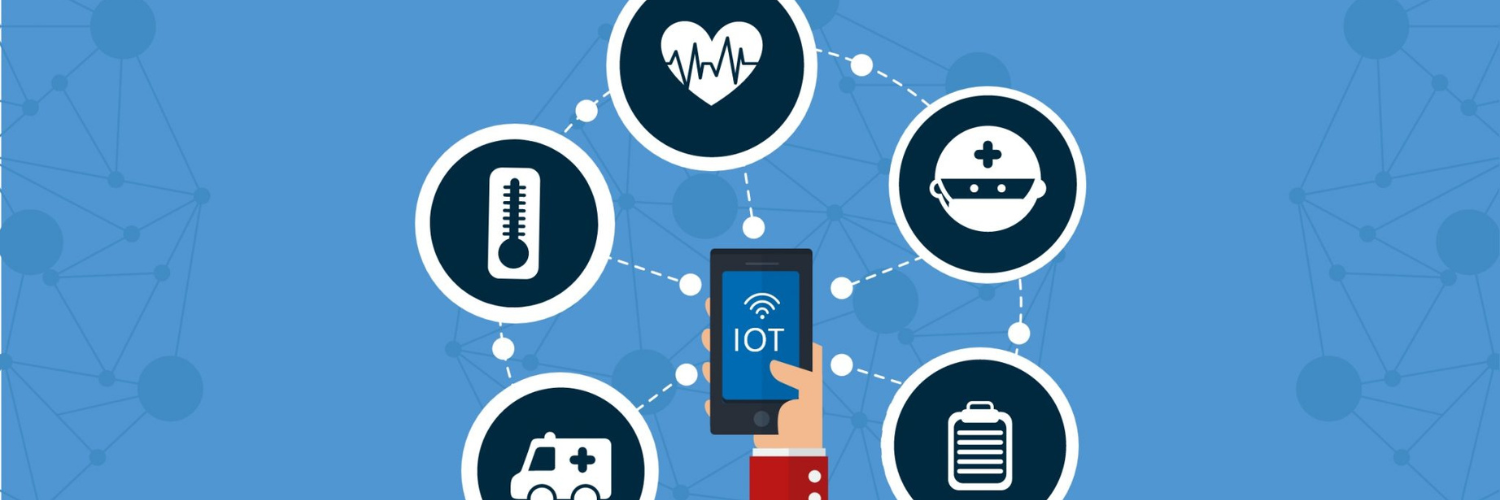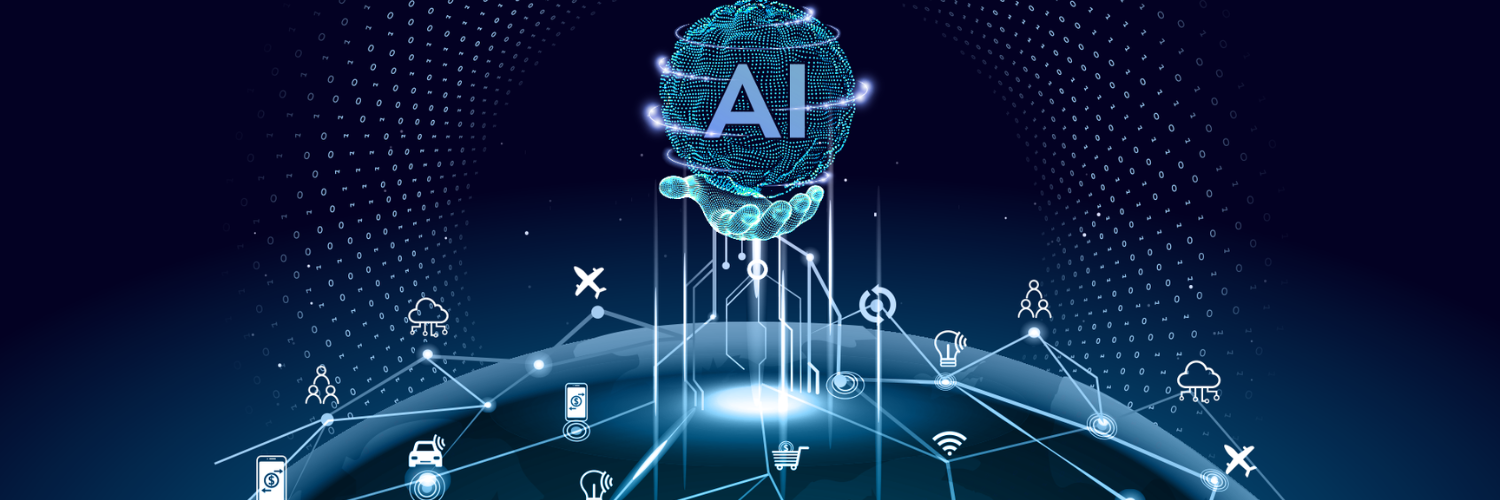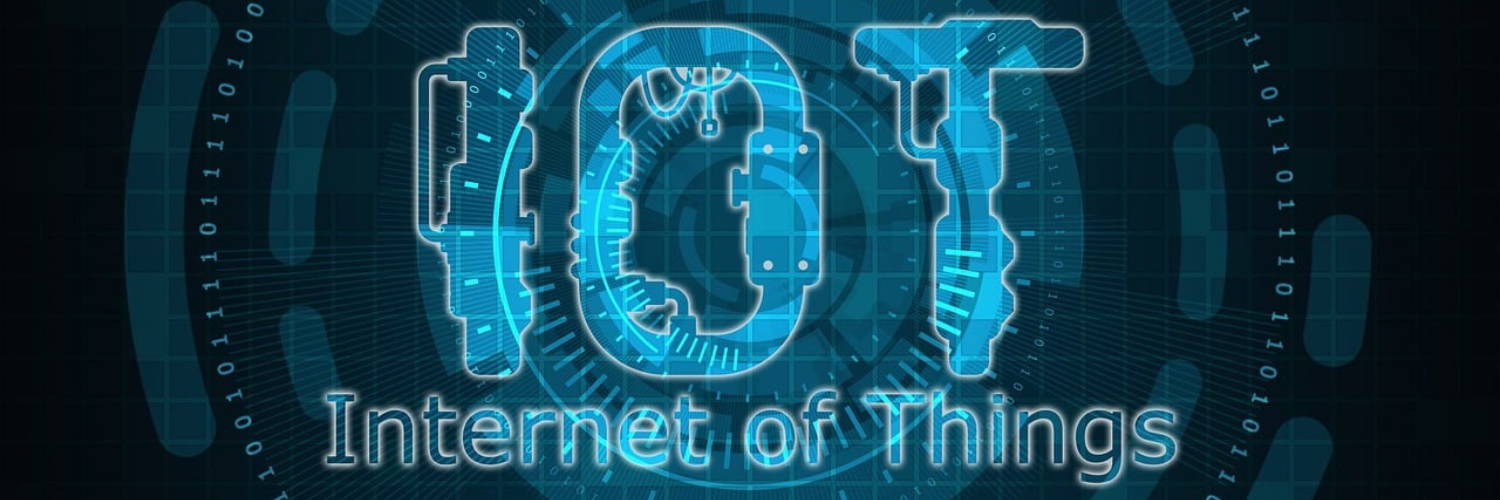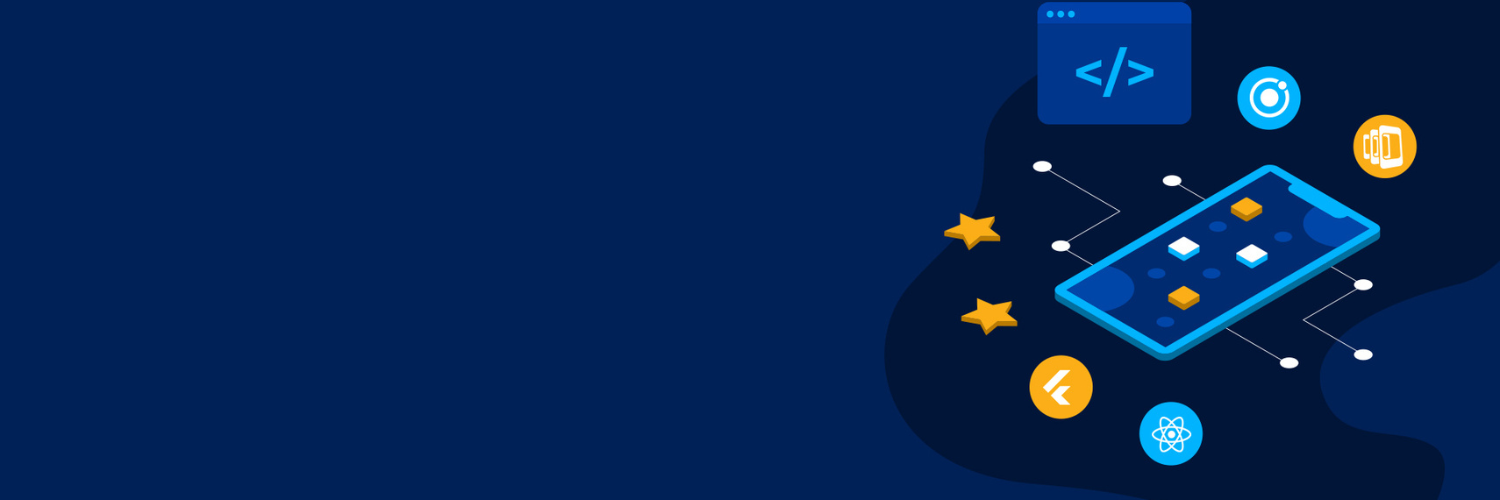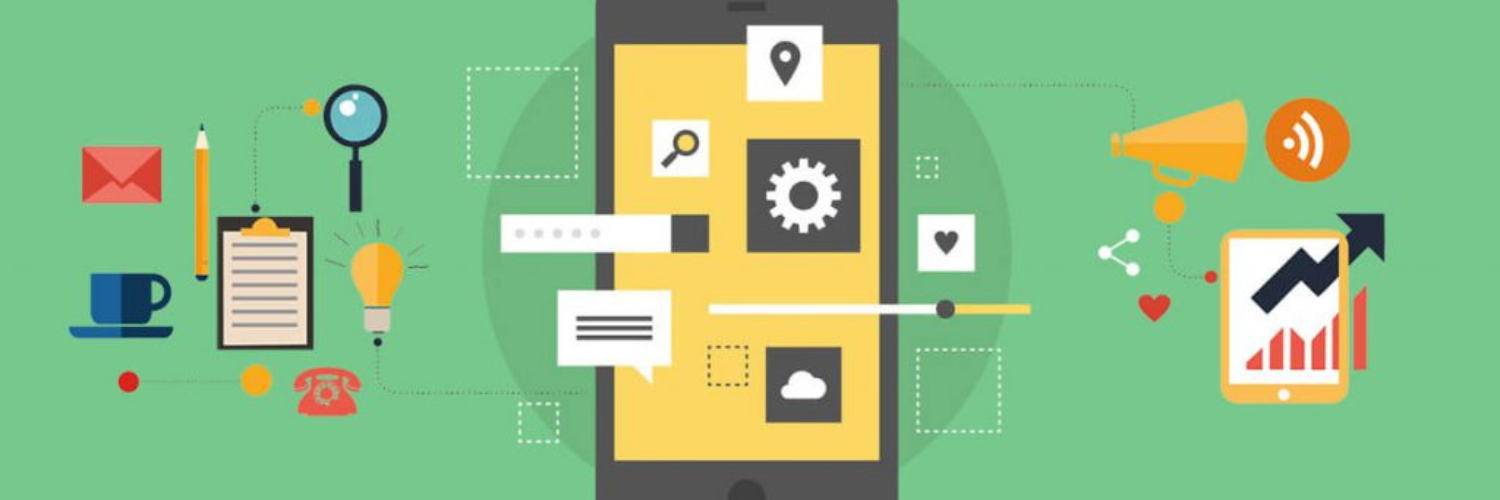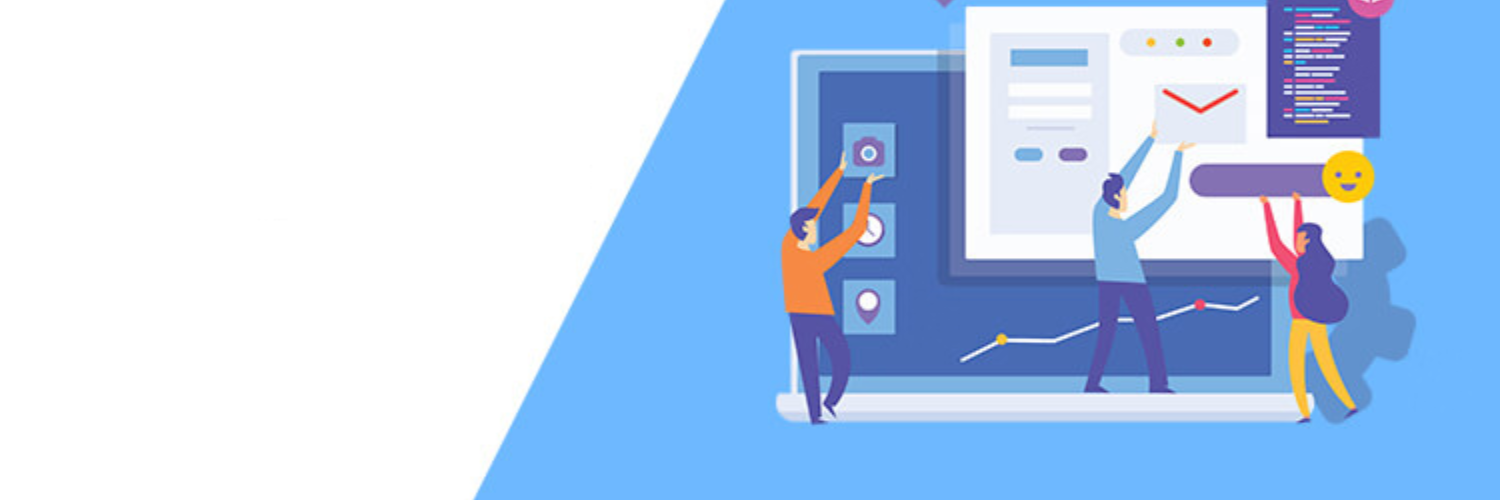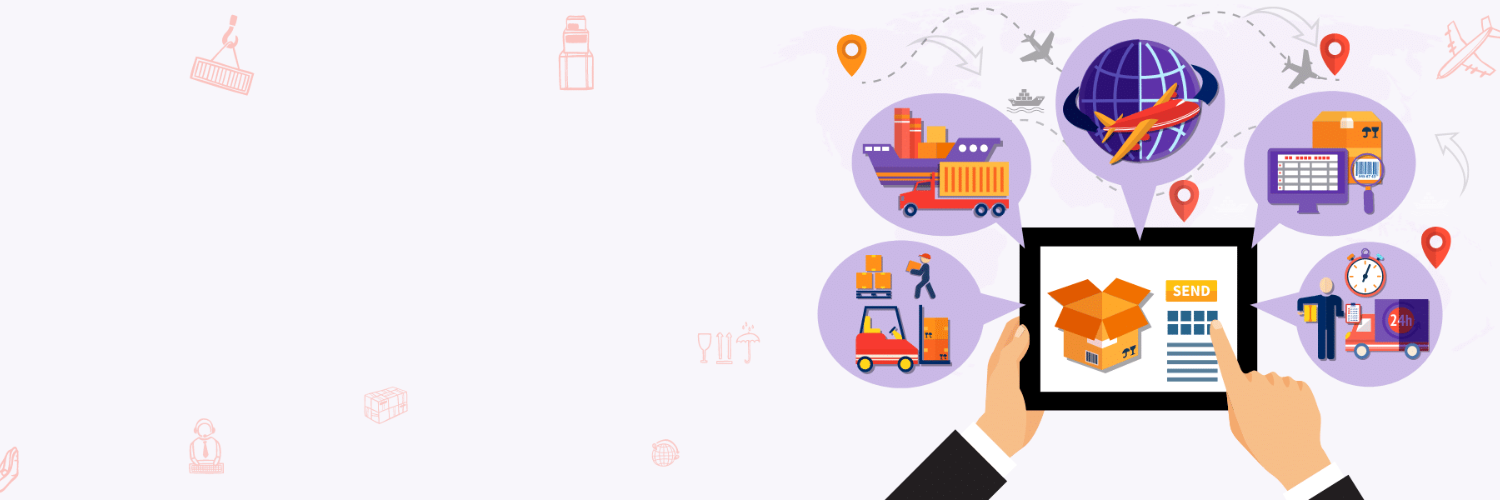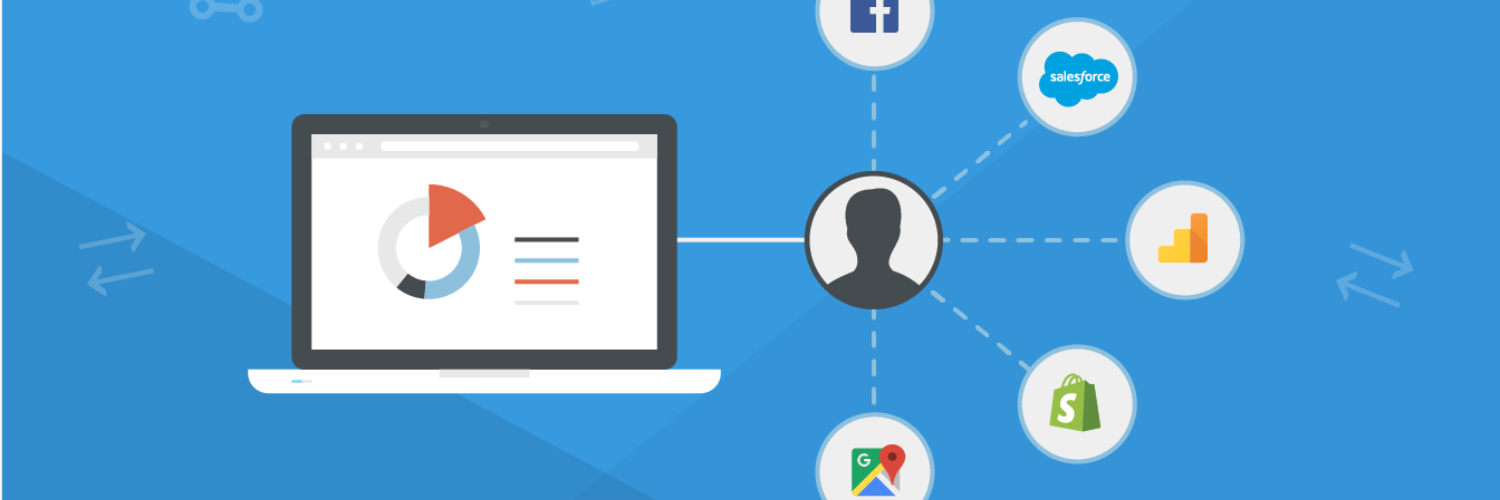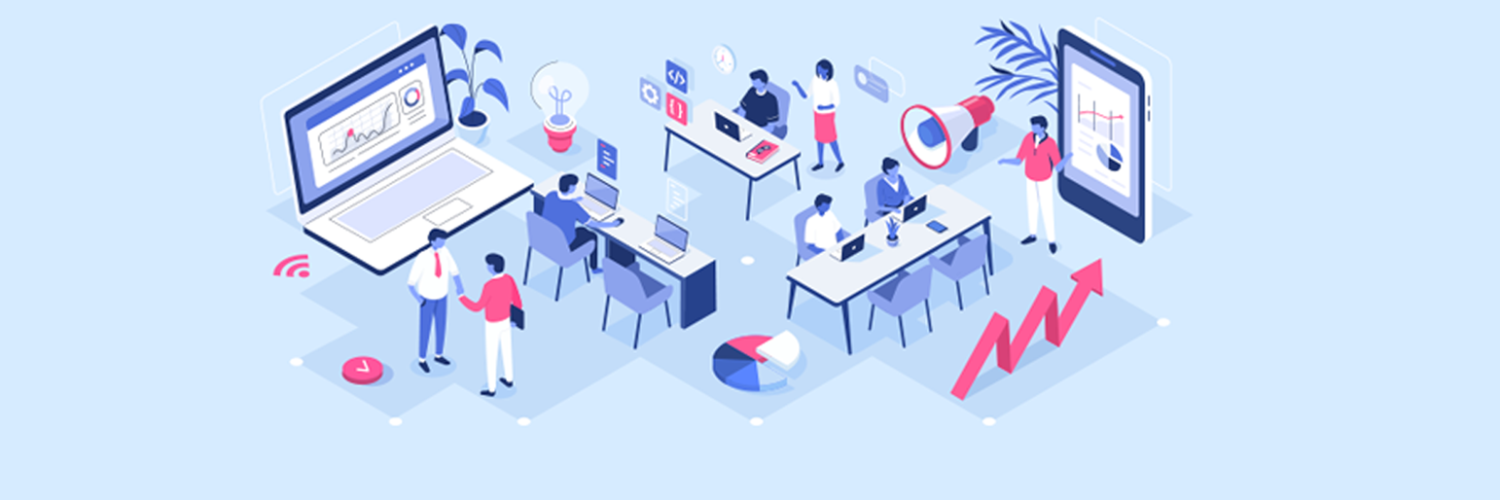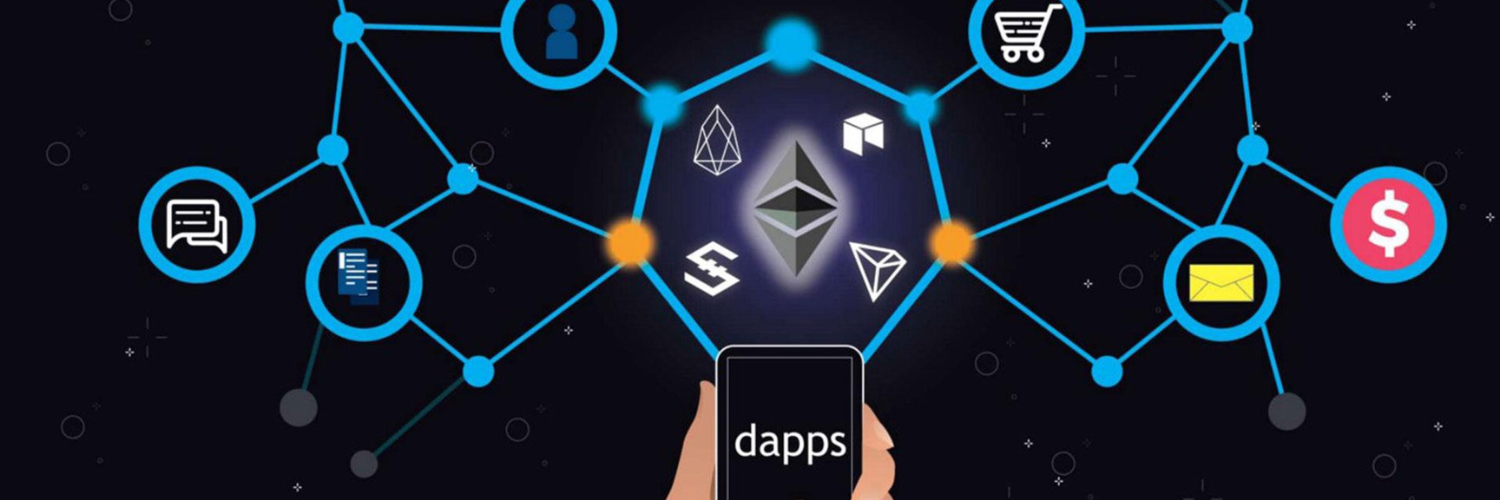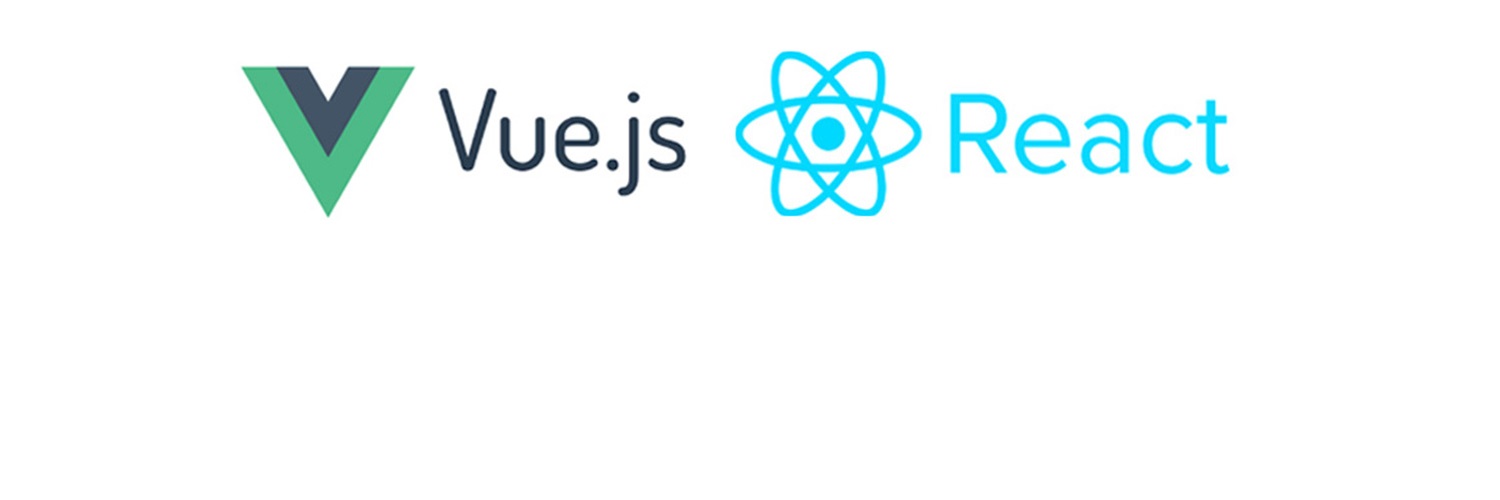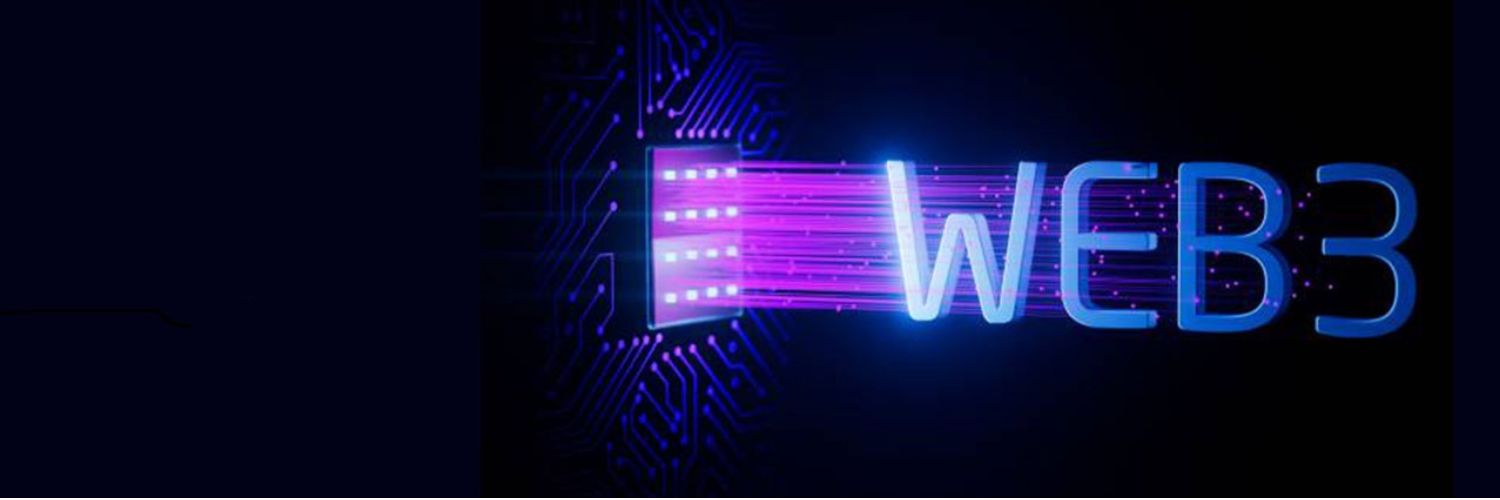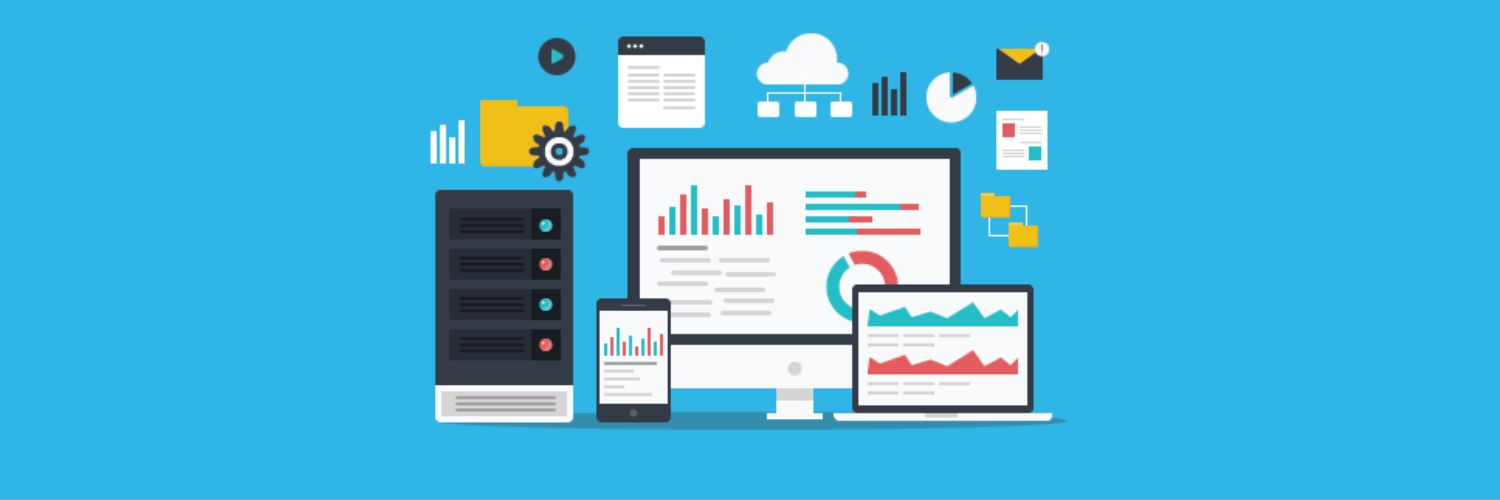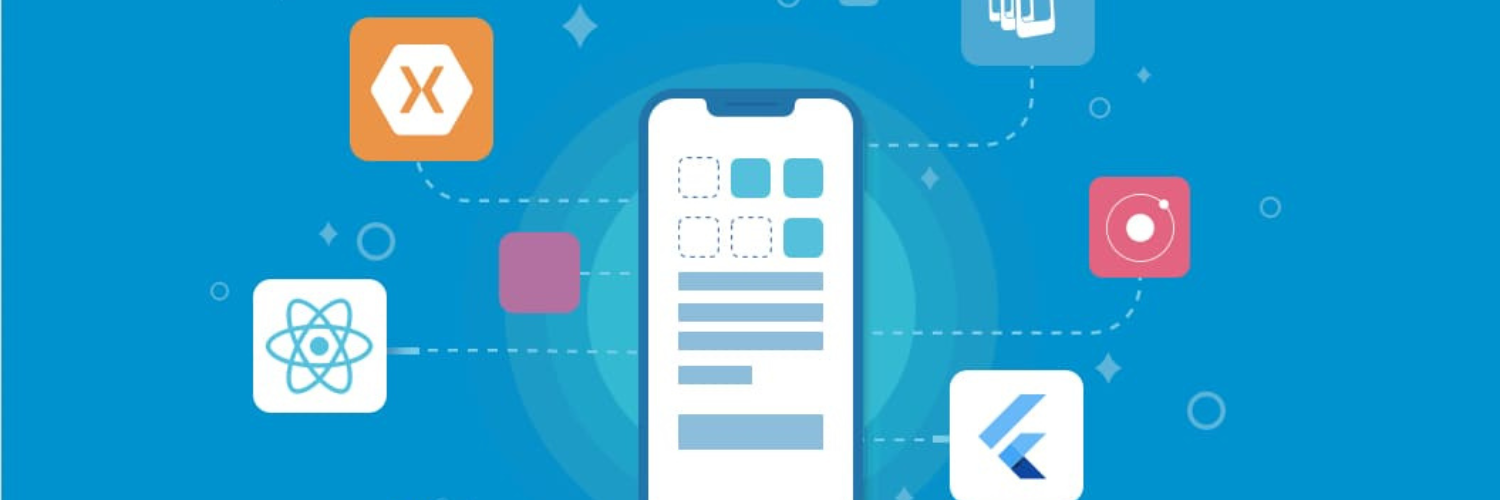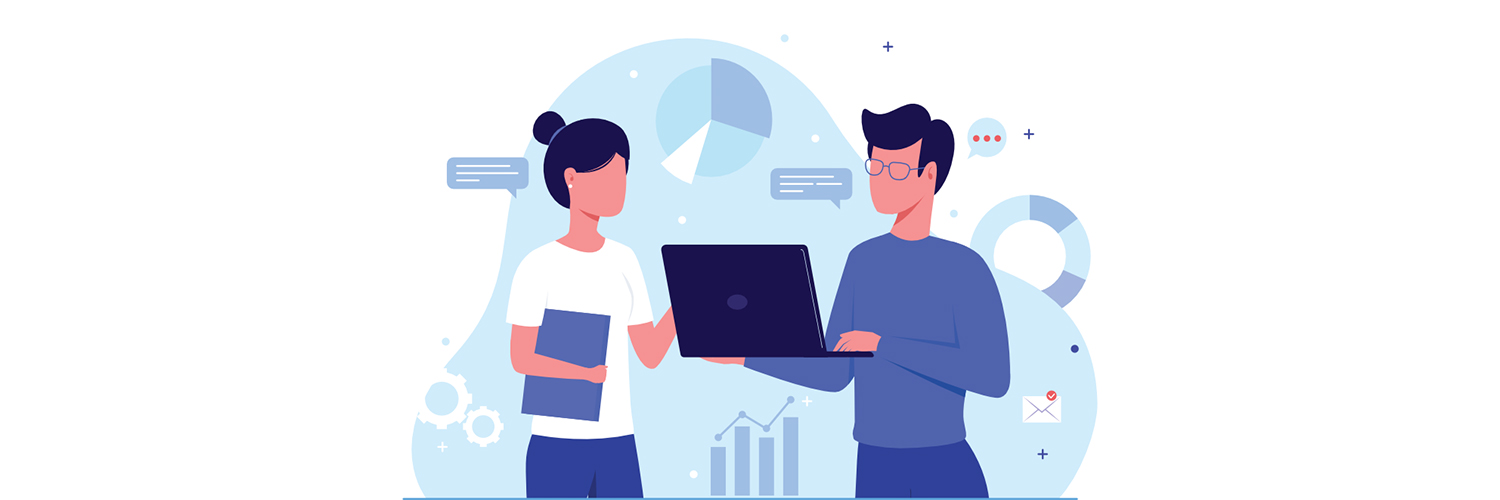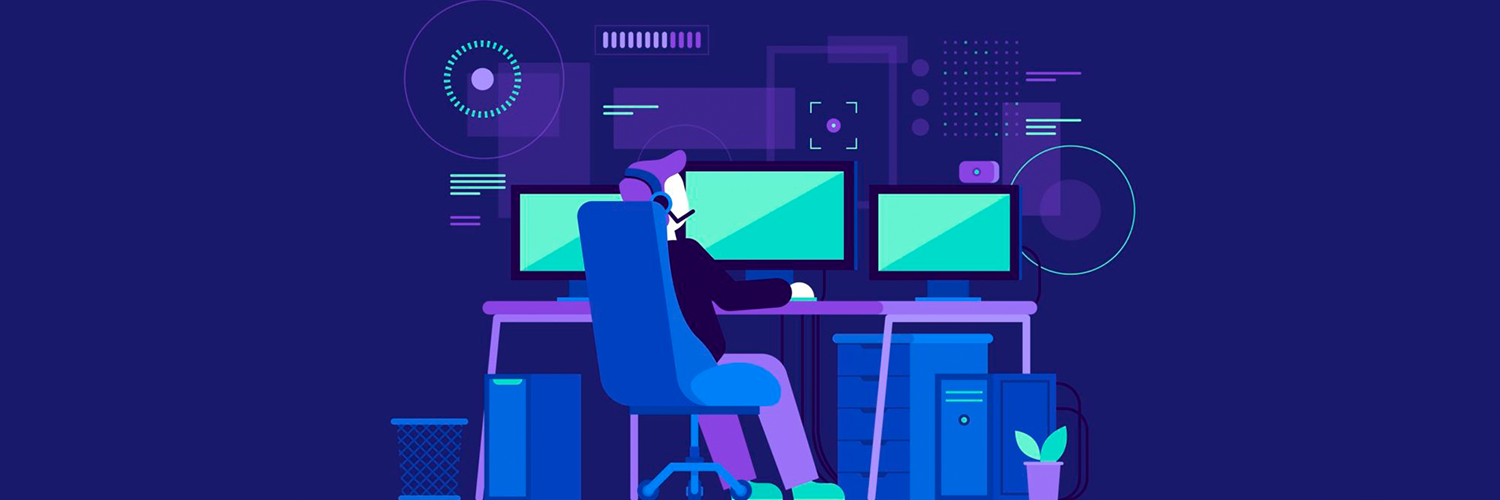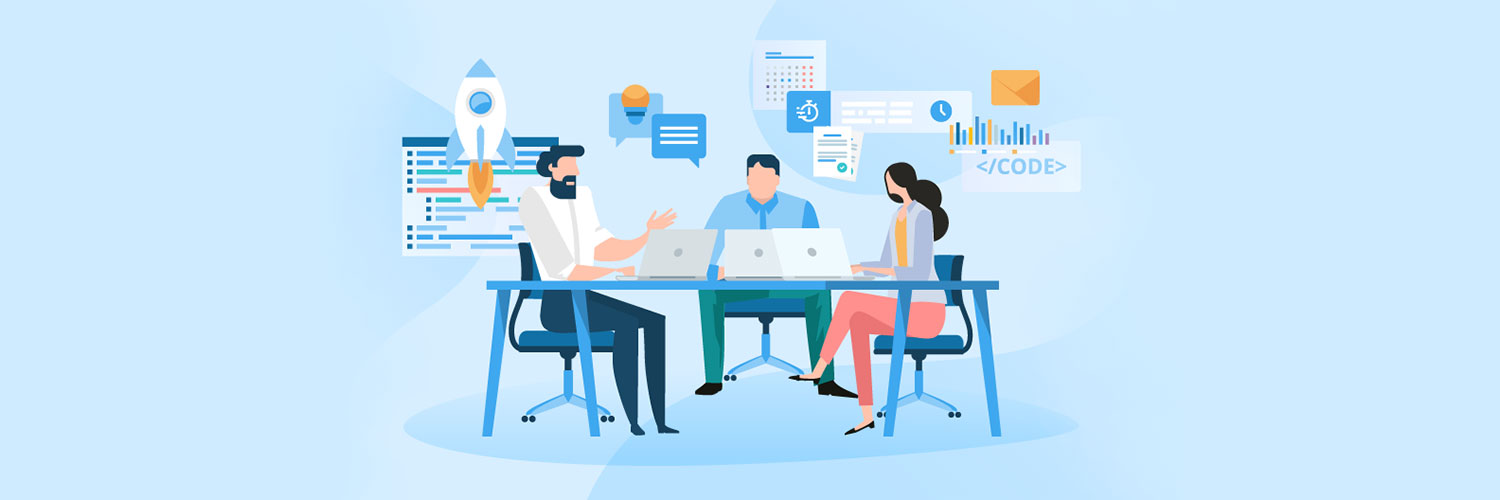Data science and machine learning are becoming new trends and very promising methods to better understand and analyze companies’ employee structures and their current changes. Human Resource data, with its useful insights into how organizations build, find and maintain their teams, plays an important role in organizing an operational structure of any business activity.
Like many other fields and industries, nowadays the HR sector is going through a massive digitization change. Both large companies and their smaller departments start to understand that big data adds lots of additional value into HR-connected processes. It can transform the recruitment processes to completely new levels.
Unlike previously, when it relied mostly on general surveys and psychologist’s analysis, the HR sector is now entering the new era starting to implement smart technologies. Instead of putting their time and other resources into various surveys and communication with employees with the aim to estimate their job satisfaction and loyalty to the company, companies start to focus more on new big data-driven techniques to provide valuable insights using existing data.
Data scientists can estimate the relevance, prove the importance and trustworthiness of corporate data within an already existing workforce. In addition, data science can help HR specialists wisely structure their analytics since some age-old metrics can be irrelevant to, for example, employee readiness to stay in a company longer or to maintaining their long-term satisfaction. Qualified data scientists can monitor and structure collected info, analyze the right data sets, and then provide analytics results by generating colorful graphics and charts that explain data value and meaning in detail.
Challenges in HR:
Application processes
Looking for the right specialist might seem an easy task if you’ve never been involved in all stages of the process. In reality, it is a time- and money-consuming expense.
HR managers are usually responsible for the entire selection and hiring processes: from developing plans and contacting numerous suitable candidates to ensuring the appropriate level of training provided and a friendly environment that makes these candidates feel comfortable.
Getting new business insights is always beneficial. And predictive analytics is becoming essential for the successful recruitment process. This technology is capable of learning from the historical data and making predictions about the top-performing candidates, searching and selection processes, cognitive and professional skills assessment and much more.
Data science engineering in recruitment can help to accomplish these tasks more efficiently.
Let us consider a couple of its use cases in HR application and selection phases:
- Predicting top-performing candidates
HR managers’ goal is to choose the best employee among all the candidates. And the main point here is to understand whether a candidate can perform a specific task better than others. Google serves is a great example. Google is known for having the best human resources management in Silicon Valley or even around the globe. Why is it so successful? The answer probably lies in the study on connection between employee’s future performance and interview results. Candidates often leave a great impression after taking a survey or giving answers at the interviews and get a high score, while having difficulties gaining a good performance score. The correlation between those two scores provides valuable insights for the company. And here predictive models come to the rescue.
- Workforce forecasting
Predictive analytics helps to deeply understand the company recruitment needs well in advance, covering a wide range of areas. To create such forecasts data science engineers usually use the historical data and the current business model. HR analytics mechanism can predict the demand for hourly-employees for the following weeks or even for the next few years.
- Talent Acquisition based on cognitive skills
Each year cognitive ability tests are becoming more widely used. Such testing represents psychometric assessment that evaluates numerical, verbal, abstract, spatial, and mechanical reasoning. The automatic tool generates questions and estimates the results regarding knowledge by comparing the final score to the maximum score. In HR it means to efficiently evaluate the existing skills, general knowledge and to find out general predispositions of a person. Modern testing tools allow to create automatic lists with the profiles of the candidates having the desirable traits and compare the results.
One study conducted by MIT and IBM showed that those companies that actively using predictive analysis in their HR departments achieved the following results after a couple of months:
- 8% sales increase;
- 24% higher operating income;
- 58% higher number of sales per employee.
Valuable Insights
Data science can be used for collecting, processing, and sharing information about a candidate's skills and experience from numerous sources (such as social media, forums, articles, or online communities). Data-driven modern algorithms can accurately analyze the gathered information and transform it into short profiles containing information about professional skills and awards as well as general interests and preferences of a specific candidate.
Future Investments
Data science delivers the most effective methods to optimize forecasting, all stages of HR management, and reporting.
With data science, HR-related specialists can use performance analysis tools and techniques, and thus predict the necessary investment in the process of hiring currently and potentially needed specialists, training activities for both new and already experienced employees, and calculate cost per hire.
Workforce Planning
Have you ever wondered how data science can help HR managers better understand the main needs of their company and monitor key metrics? It becomes possible with accurate analysis of the corporate workforce. As soon as Human Resource representatives have a clear idea of which candidate’s qualities are the most valuable to a company's current goals and objectives, they can simplify and speed up the process of finding the best professionals and thus directly impact the overall performance of the company.
Talent Analytics
According to the data provided in the Global Human Capital Trends Report published by Deloitte in 2017, 90% of HR specialists would like to reform the whole organizational model of the company where they work. And this might include leadership strategy, management processes, enhancing opportunities, team building, employees support and more.
In this case data science can be applied:
- To better distribute the specific talents of the employees,
- Rearrange existing training programs,
- Analyze turnover,
- Improve recruitment strategies,
- Ensure a high level of employee retention.
By removing the old methods of analyzing HR metrics, one can significantly transform the entire HR management in their company and access to those precious insights that they most probably would never obtain with traditional surveys or interviews.
Hiring processes optimized & streamlined
Organizations are now able to make far smarter hiring decisions thanks to Data Science. One of its leading benefits in hiring processes, is that HR managers can easily leverage talent acquisition software, designed specifically to collect, store and evaluate the CV’s from a big number of applicants.
Better understand growth opportunities
The effective use of workforce analytics can help timely respond to and predict times of beneficial growth of the company or the whole industry. HR leaders can take business decisions under control by effectively planning and forecasting future needs to address organizational uplifts.
Empower Your Efforts
In addition, you could consider utilizing information from other departments. For instance, the information from financial representatives is necessary to get a better idea of a company's metrics and finance distribution, while the marketing department could add on providing valuable information about the customers. Obtaining the information about the company from each side and utilizing it with the right data science tools is very likely to result in huge HR management success.
Final Words
Finding out how to interpret and adequately use data analytics results can be a very useful asset for any company. When the company’s HR goals and its employees’ interests are well-linked, HR analytics is an effective tool that can be used to further improve a corporate business strategy.
Even though the implementation of HR analytics into the existing processes may bring its own issues (for example, investing in additional tools specialists), this measure is obviously cost-effective.
We offer custom made AI/ML solutions to small, mid-size and large enterprises. Click here to start your analysis.
WRITTEN BY
Sofia Kutko
2021-10-08








